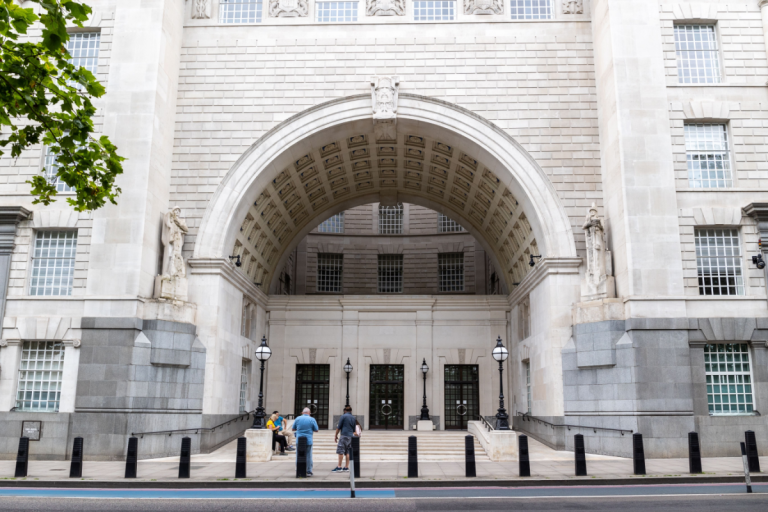MI5 is operating in a “new era” of national security challenges, with near-record levels of terrorist investigations and a sharp rise in foreign state threats, according to its Director-General Sir Ken McCallum. In his annual address on Thursday, McCallum said the agency is managing the largest shift in its mission since 9/11, citing increased activity from Russia, China, and Iran alongside a persistent domestic terror threat.
He revealed that MI5 has seen a 35% increase in the number of individuals under investigation over the past year and that Chinese state actors, in particular, pose a “daily national security threat” to the UK. McCallum also confirmed that the agency had intervened just last week to disrupt Chinese activity deemed a matter of national security concern.
Escalating State Threats and Political Sensitivity
McCallum’s speech was updated to reflect two recent incidents: the attack on a Manchester synagogue that killed two people, and the collapse of the high-profile China spy case. While expressing sympathy for victims of the synagogue attack, he declined to comment directly on the failed prosecution, emphasizing that MI5 remains “non-party political” and serves the “democratically elected government of the day.”
Still, McCallum appeared to express frustration, saying he was “frustrated when opportunities to prosecute national security-threatening activity are not followed through.” On China, he stated firmly that he was “MI5 born and bred” and would “never back off from confronting threats to the UK, wherever they may come from.”
State-sponsored espionage and interference are now expanding beyond traditional intelligence gathering. McCallum warned that hostile states are “descending into ugly methods MI5 is more used to seeing in terrorism casework,” including targeting Parliament, universities, and critical infrastructure.
Terror Threat at Near-Record Levels
Turning to terrorism, McCallum described the current threat level as “ever-present” and said MI5 has helped disrupt 19 late-stage attack plots since 2020, along with “many hundreds of developing threats.” Most current cases involve small cells or radicalized individuals rather than large, organized networks, reflecting a major shift since the 2005 London bombings.
He also noted a concerning trend: one in five terrorism arrests last year involved children under 17. McCallum warned that both al-Qaeda and Islamic State are regaining strength, exploiting instability abroad to rebuild influence.
On Iran, MI5 tracked more than 20 potentially lethal plots in the past 12 months, while Russia continues to deploy “proxy” actors for espionage and influence operations—often abandoning them when caught.
AI, Accountability, and the Future of Security
The MI5 chief also addressed the dual-edged nature of artificial intelligence, calling it a transformative technology that “brings immense benefits” but could also cause harm if not managed responsibly. To adapt to emerging challenges, McCallum announced the creation of a new Intervention Centre of Expertise within London’s Counter Terrorism Operations Centre. The facility will help manage threats involving adolescents, mental health issues, and other complex risk factors.
McCallum acknowledged recent criticism from the courts over MI5’s handling of evidence in several cases, calling the agency “justly criticized.” He emphasized MI5’s commitment to “accountability and oversight,” noting that defending British democracy includes respecting “the checks and balances of rigorous independent oversight.”
Concluding his speech, McCallum paid tribute to the “quiet service” of MI5 officers working behind the scenes. “They are talented, selfless, often courageous people,” he said. “Their work may be unseen, but it is vital to keeping our country safe.”


